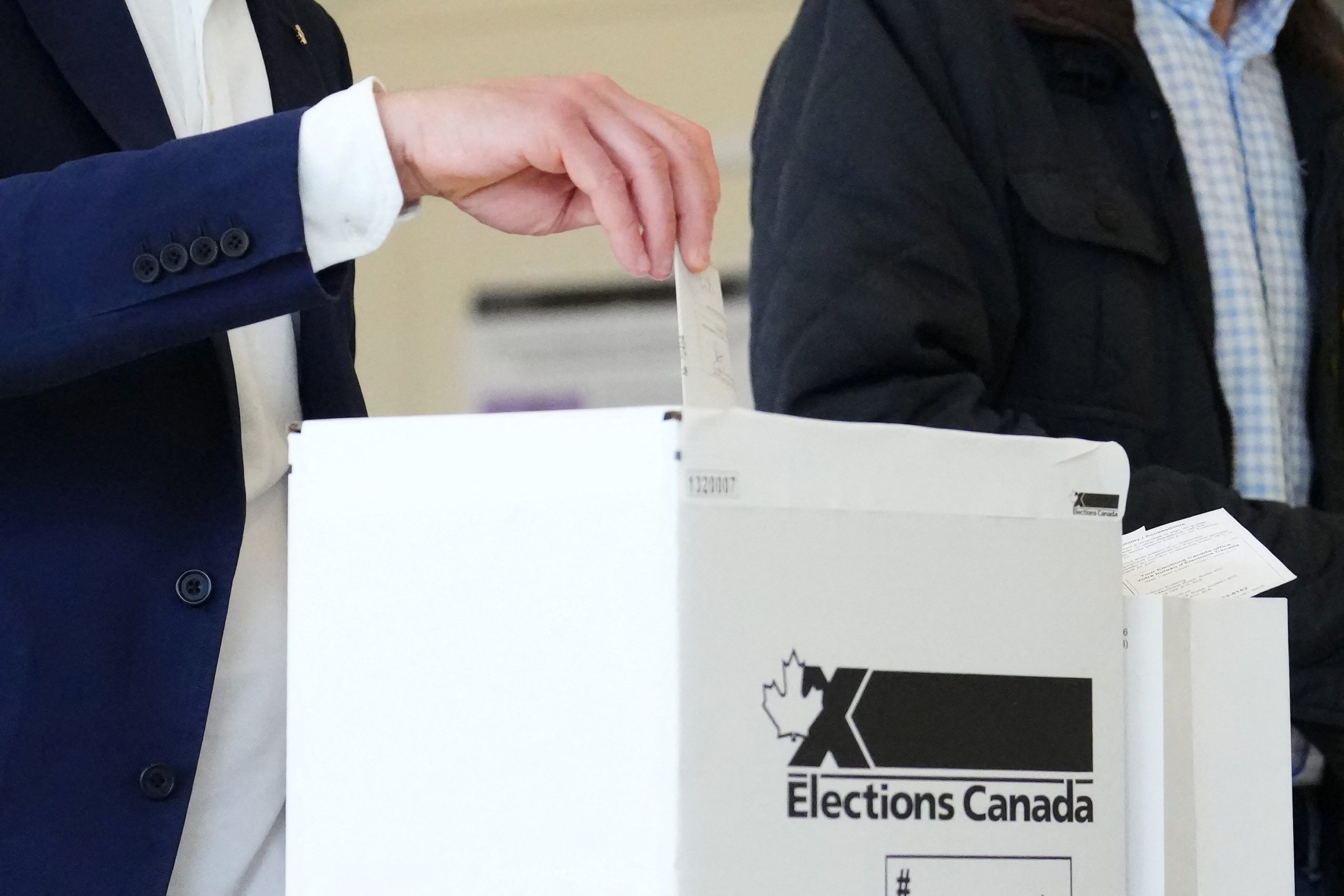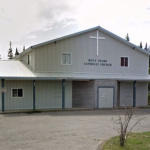TORONTO — Matthew Marquardt’s message to Canadian Catholics is simple yet significant: active citizenship must continue resolutely in the days, weeks, months and years following tonight’s 2025 federal election outcome.
The executive director of Catholic Conscience, a non-partisan civic engagement organization, offered some post-election advice, particularly for voters who may feel “politically homeless” because the platforms of the leading parties did not contain pledges for issues close to their hearts.
The first step, naturally, is to pray.
“We’re all different parts of the Body of Christ,” said Marquardt. “We all have different strengths, passions and interests. If we all pray, reflect and do what we think God wants us to do, then God will guide us, and we can all get there together.”
Contemplation will inspire some to become more actively involved in Catholic and non-Catholic organizations associated with the causes neglected by politicians.
For instance, there is not a single mention of medical assistance in dying (MAiD) in the platforms for Mark Carney’s Liberals and Pierre Poilievre’s Conservatives.
Marquardt suggested that concerned citizens keep their passion for this issue enkindled by donating to, or becoming more involved with, organizations working “to keep these conversations alive.” He noted how Canadian Physicians for Life, the Delta Hospice Society and others are involved in an important judicial fight to keep faith-based palliative care spaces free of euthanasia.
Positive deeds for the common good can also be achieved by interacting with your elected representative, whether or not it’s the individual you voted for, suggested Marquardt.
“Getting to know and communicating with them is very powerful, more powerful,” he said. “I’ve talked to a number of elected politicians, and they all say that it’s thoughtful, unique communications from citizens that go a lot farther than people give them credit for.”
While television interviews and clippings from the House of Commons shared on social media often showcase elected representatives at their most combative, Marquardt said if you sit across from an MP in his or her riding office, you’ll discover they are keen to hear your stances respectfully.
“They might disagree with you, but they’ll listen and talk to you,” said Marquardt. “(If) enough of us do that they’ll begin to think, ‘hmm, there’s something to this.’ They could report it up the chain and maybe (create) some action that way.”
The Toronto-based Catholic suggested that it is sensible for each Catholic to be aware of their MP’s activities by joining the representative’s mailing list and researching their parliamentary duties.
Marquardt also suggested joining a party and speaking up at local riding meetings.
“You find that very often there’s not a whole lot of involvement there,” said Marquardt. “You have more sway than you would think to be persuasive (and) start changing the way parties think.”
Catholic Conscience has enjoyed its most successful election cycle to date in 2025. The catholicconscience.org momentum began in the immediate aftermath of the 2024 U.S. presidential election. Traffic to the organization’s website magnified with the cabinet resignation of Chrystia Freeland in December, even more with Justin Trudeau’s resignation announcement in January and reached a peak when Carney won the Liberal Party leadership contest on March 9.
There have been well over 100,000 visits to the website in advance of election day — a huge rise from the 10,000 people who interacted with the site in 2021.
Beyond comprehensively documenting the positions and pledges of each federal party, Catholic Conscience also urges visitors to the site to reflect upon the Catholic social teachings and let these principles guide them as they participate in public life.
Reflecting upon and living out these Gospel values offers a pathway to heal divisions, said Marquardt.
“I think for a lot of reasons we are doing it to ourselves, and I think maybe in some cases, opportunists are encouraging us to focus not on what pulls us together, but what distinguishes us. We’re all being told to be our true best selves without really thinking about how we relate to others. If you think about it for a few seconds, you realize that Christ told us that our greatest commitment is to love God, and the best way of doing that is to take care of the people around us.”
Quinton Amundson is a staff writer for The Catholic Register.




